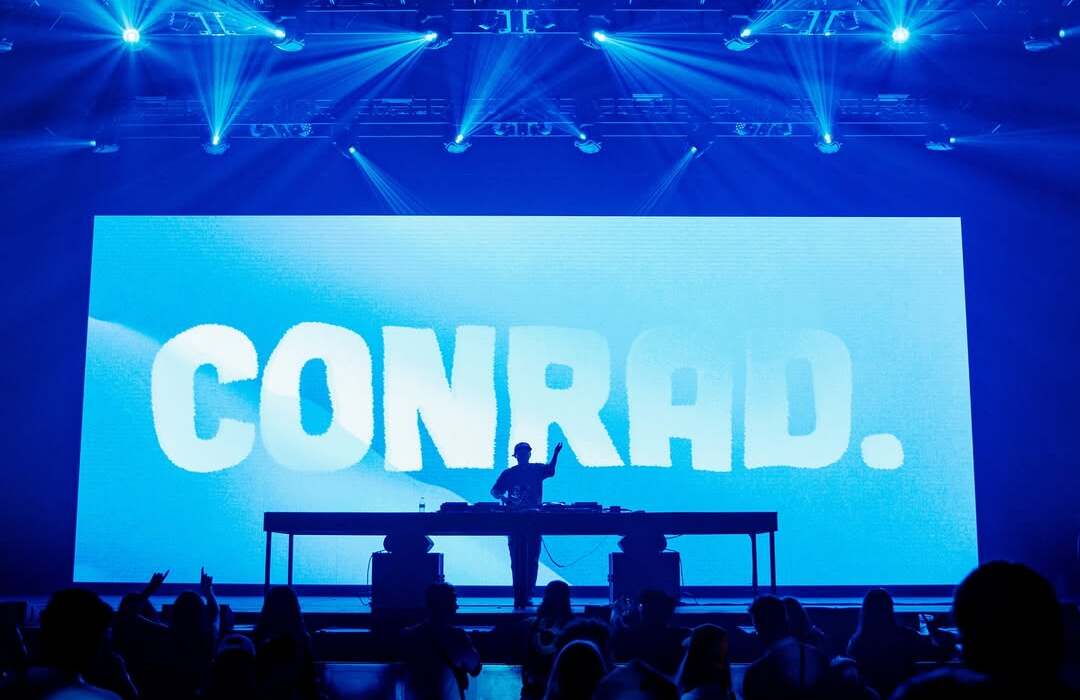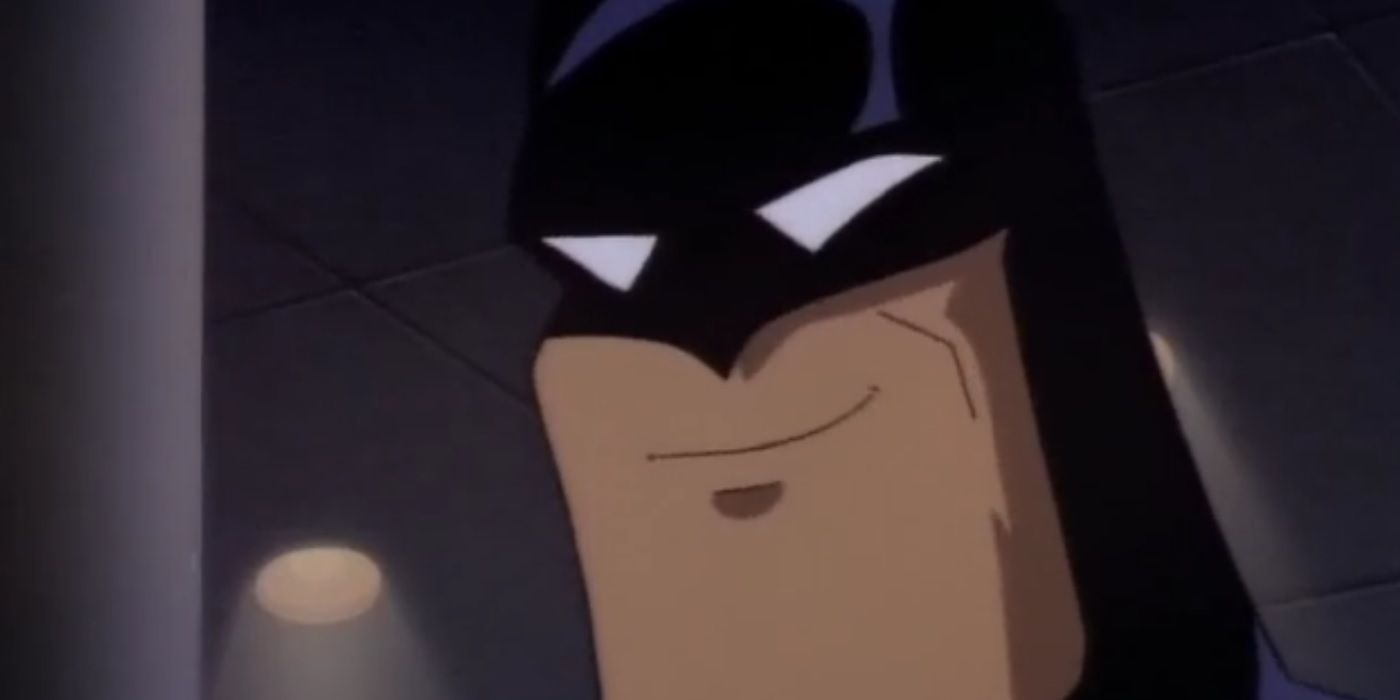The following contains spoilers for Blue & Gold #8, on sale now from DC Comics.
Blue & Gold ends on a fairly positive note for best friends Booster Gold and Blue Beetle, and it's thanks to an unlikely ally. Batman shows up in the book's finale to save the day, though it's not quite in the way that readers might expect. At first glance, this seems unconventional but it showcases an element to Batman's character that is unfortunately underutilized by most comic book writers.
Batman might be a grim figure of the night, but far too often, this is portrayed at the expense of his more optimistic side. Thankfully, Booster Gold and Blue Beetle get a taste of a much friendlier Dark Knight, and it helps them out of an even grimmer financial situation.
In the final pages of Blue & Gold #8, Booster Gold and Blue Beetle reflect on their past adventures. Unfortunately for them, their many attempts to gain resources (crowdfunding, livestreaming) fail to generate sufficient cash. This means that both their egregious debt and their future prospects as superheroes are in danger of going up in smoke.
Thankfully, Batman had been there the whole time while they overlooked their finances, with the Caped Crusader having a monetary ace up his sleeve. Noting that Booster and the Beetle were doing good work in their new, more specialized form of superheroics, Batman made it clear that the everyday citizen needed heroes like them out there. Handing over a flash drive, the device wires over funds from Bruce Wayne's own bank account, leaving Booster Gold and Blue Beetle with more than enough money.
Batman's generosity towards the duo shows that he has empathy and passion towards those less fortunate. In fact, his reaching out specifically to these "lesser" heroes to give them some of his own money is incredibly generous of the Dark Knight. This whole affair seems to be taking Batman back towards a particular characterization shift that he was on before the Dark Age of Comics, which might make him a lot easier to get along with.
In the past few decades, Batman been portrayed in an increasingly hostile manner. This started with the publication of The Dark Knight Returns, with the aftermath seeing Batman being written more and more as a sociopathic "Dirty Harry in a batsuit." The originator of this concept, writer Frank Miller, wholeheartedly embraced this characterization. His versions of Batman in The Dark Knight Strikes Again and Spawn/Batman were unnecessarily antagonistic in order to position Batman over characters who should logically flick him away like a gnat.
The nadir of this characterization was that, for the longest time, DC editorial tried to emphasize that Batman was somehow only an urban legend around Gotham City, despite his having multiple sidekicks by that point. This anti-social Batman pushes everyone away to the point of coming off as insanely unlikable. In fact, he's far less human than the aliens and metahumans of the Justice League, with his disposition making it a mystery as to why other heroes even put up with his attitude.
More recent comics have tried to downplay this -- and it is assuredly for the better. For instance, the New 52 initiative tried to repair the Superman/Batman relationship to one more in line with the Silver Age era. In the pages of Geoff Johns' Justice League run, Superman stated plainly that he and Batman are indeed friends. Likewise, the new World's Finest comic book has the two tackling threats like in the old-school days, free of the animosity that Frank Miller would have injected the book with under his hypothetical stewardship.
It makes more sense for Batman to be agreeable with other heroes because it demonstrates why they value his company and assistance. Narratively speaking, Batman is also one of if not the most popular DC Universe hero. Making him literally despise the ground that others walk on doesn't really endear him to said universe. Thus, his helping other heroes out, whether they emulate his methods or not, shows a softer and more caring side to the Dark Knight that should be emphasized more often.



.png)
